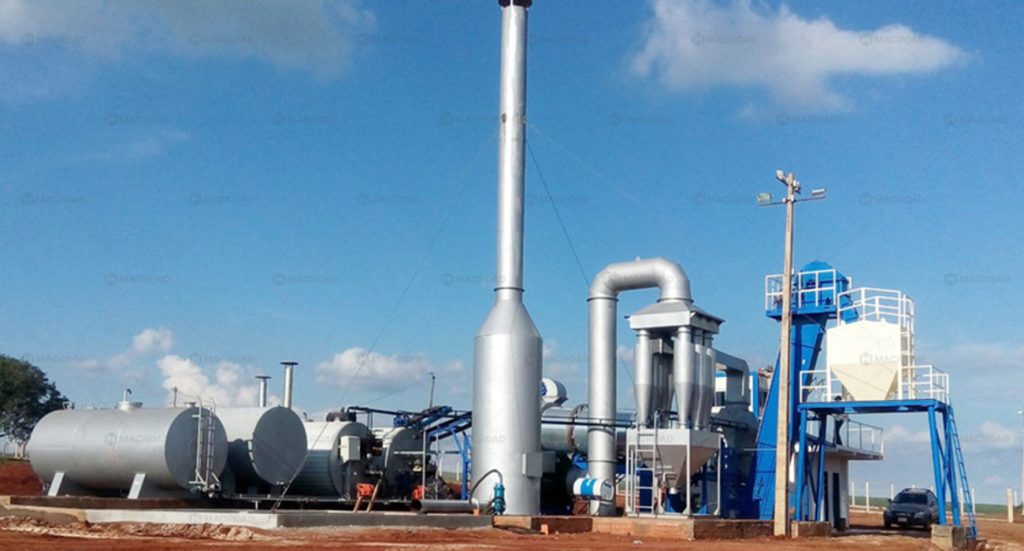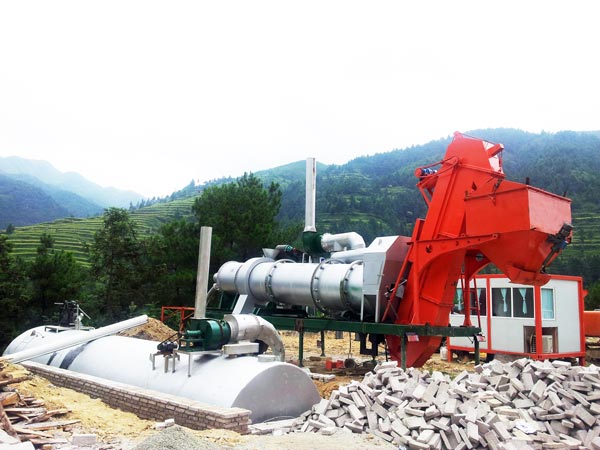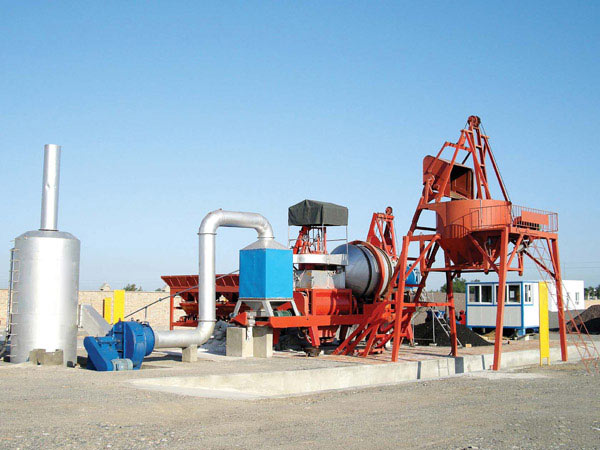In the construction and asphalt production industries, the terms “portable” and “mobile” asphalt plants are often used interchangeably, but they refer to distinctly different types of equipment. Understanding these differences is essential for contractors and project managers who need to choose the right equipment for their specific operational needs.

Design and Structure
The primary difference between portable and mobile asphalt plants lies in their design and structural characteristics. Portable asphalt plants are typically designed to be easily transported from one site to another. They often consist of modular components that can be disassembled and reassembled quickly, making them ideal for temporary projects or sites with limited space. This modularity allows for flexibility in setup and can accommodate various site configurations.
In contrast, mobile asphalt plants are built for continuous operation and are often equipped with a more integrated design. These asphalt plants are usually mounted on a single chassis, which allows them to be moved as a complete unit. The streamlined design of mobile asphalt plants enables faster setup and operation, making them suitable for projects that require a consistent supply of materials over extended periods. For instance, a mobile asphalt mixing plant can be deployed directly to a construction site, providing quick access to materials without the need for extensive reconfiguration.

Functionality and Performance
When it comes to functionality, portable and mobile plants serve different purposes within the construction industry. Portable asphalt plants are often favored for their versatility and adaptability. They can be easily relocated to various job sites, making them ideal for projects that are short-term or geographically dispersed. The ability to set up quickly also allows contractors to respond to changing project requirements efficiently.
Mobile asphalt plants, on the other hand, excel in high-volume production scenarios. Their continuous operation capabilities enable them to produce large quantities of asphalt or concrete with minimal downtime. This makes mobile asphalt drum mix plant particularly well-suited for large infrastructure projects, such as highway construction or urban development. The integrated nature of mobile plants allows for faster mixing and delivery, ensuring that materials are readily available when needed.

Application Suitability
Choosing between portable and mobile asphalt plants largely depends on the specific application and project requirements. Portable asphalt plants are ideal for small to medium-sized projects where flexibility and quick relocation are essential. For example, contractors working on temporary road repairs or small-scale developments may find portable plants to be the perfect fit due to their adaptability and ease of transport.
In contrast, mobile asphalt plants are better suited for large-scale operations that demand consistent production over extended periods. These plants can handle high volumes of asphalt or concrete, making them the preferred choice for contractors involved in major construction projects that require a reliable and continuous supply of materials. The efficiency and speed of mobile plants can significantly enhance overall project timelines, leading to improved productivity.
Conclusion
In summary, the key differences between portable and mobile plants revolve around their design, functionality, and suitability for various applications. Portable plants offer flexibility and adaptability, making them ideal for short-term projects, while mobile plants provide high-volume production capabilities, making them suitable for large-scale operations. Understanding these differences allows contractors and project managers to make informed decisions when selecting asphalt plant for their specific needs, ultimately leading to more efficient and successful project outcomes. By carefully considering the unique advantages of each type of asphalt plant, businesses can optimize their operations and enhance overall productivity in the construction industry.